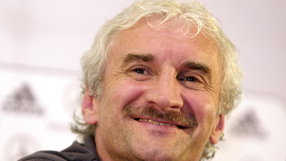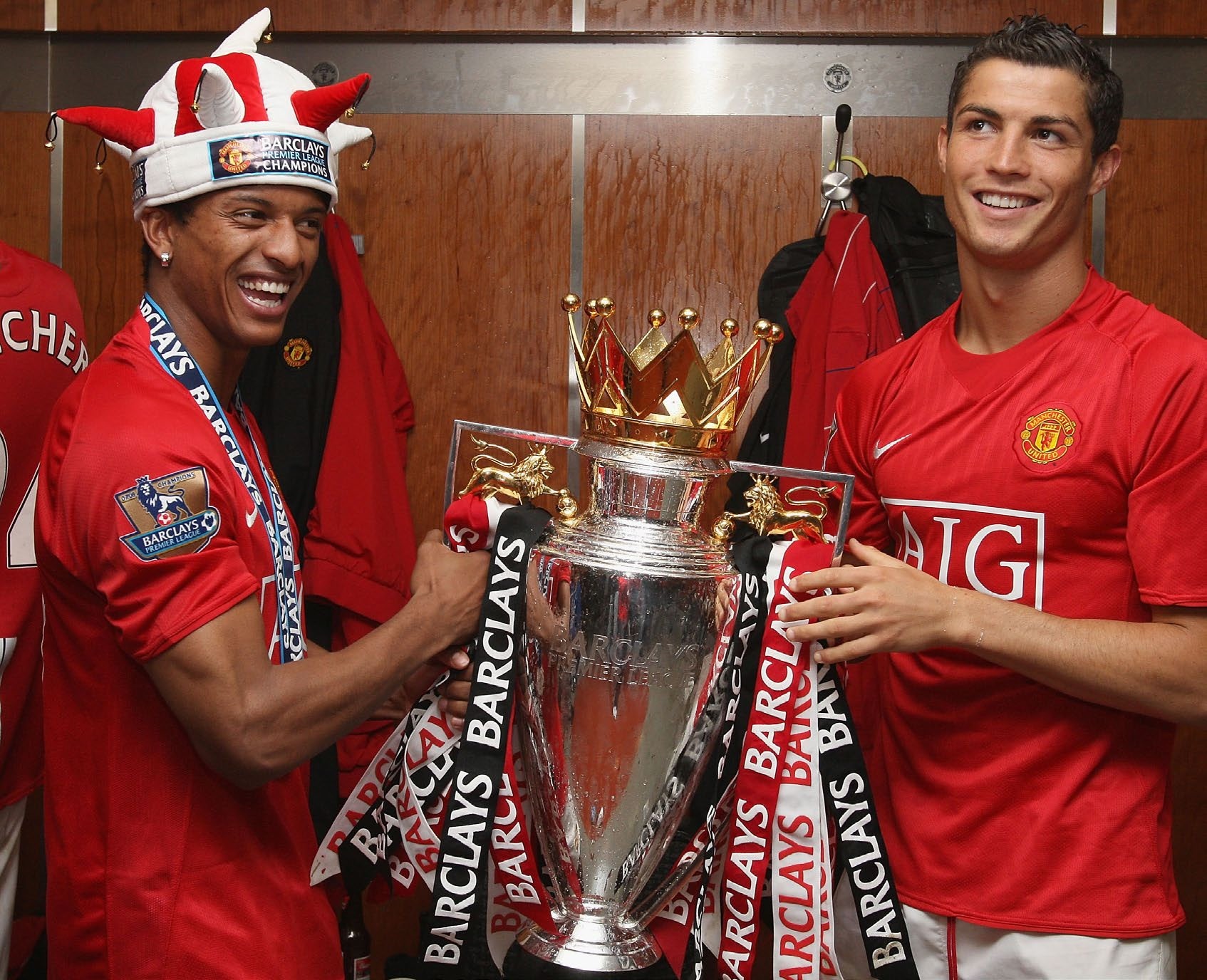
The best features, fun and footballing quizzes, straight to your inbox every week.
You are now subscribed
Your newsletter sign-up was successful
Want to add more newsletters?

Five times a week
FourFourTwo Daily
Fantastic football content straight to your inbox! From the latest transfer news, quizzes, videos, features and interviews with the biggest names in the game, plus lots more.

Once a week
...And it’s LIVE!
Sign up to our FREE live football newsletter, tracking all of the biggest games available to watch on the device of your choice. Never miss a kick-off!
Join the club
Get full access to premium articles, exclusive features and a growing list of member rewards.
Serie A is third in UEFA's ranking list behind the English and Spanish leagues, giving it four places in the competition, while Germany is fourth and has three slots.
The Bundesliga, though, is threatening to move up as no Italian clubs remain in the Champions League and their only survivors in the UEFA Cup are Udinese, who beat Zenit St Petersburg 2-0 in a last-16 first leg tie last week.
Bayern Munich qualified for the Champions League quarter-finals by beating Sporting 12-1 on aggregate and German rivals Werder Bremen and Hamburg SV are still in the UEFA Cup.
"We are happy that, after many years of having only three places in the Champions League, we're a bit nearer to Italy," Voeller told Reuters on Monday.
"Let's hope Bayern go through to the next round as well as Werder Bremen and Hamburg.
"We have a good chance of passing Italy and this would be great success for us," added the former striker who played for AS Roma between 1987-92 and was also briefly their coach in 2004.
Voeller, who as a player won the 1990 World Cup with Germany and the debut Champions League with Olympique Marseille in 1993, does not believe the last-16 exits of Roma, Juventus and Inter Milan show Serie A is in the doldrums.
The best features, fun and footballing quizzes, straight to your inbox every week.
"It's just a coincidence all three were knocked out," he said. "The Italian championship remains very strong."
SPENDING POWER
Bayern and Barcelona are tipped as the main rivals to the English quartet of holders Manchester United, Liverpool, Chelsea and Arsenal, who have all reached the last eight in the Champions League for the second consecutive year.
Voeller, who coached Germany between 2000-04, said the Premier League's extra spending power was a major factor behind its success.
"It's like when Italian teams won most of the European competitions in the 1990s," he said at an Adidas event presenting the ball for May's Champions League final at Rome's Stadio Olimpico.
"For years now in England they have been paying a lot more than here, Spain, Germany and France. This means there is also a high probability you win trophies so it's no coincidence there are four English teams in the quarter-finals.
"The money helps you achieve certain objectives but you still have to work well, coach the team well, buy the right players.
"Naturally it makes things hard for the others if you have a team like Chelsea who buy a player like (Andriy) Shevchenko for 50 million euros ($64.62 million) in 2006 and can then buy someone else a few months later when they realise it was a mistake."
 Join The Club
Join The Club










